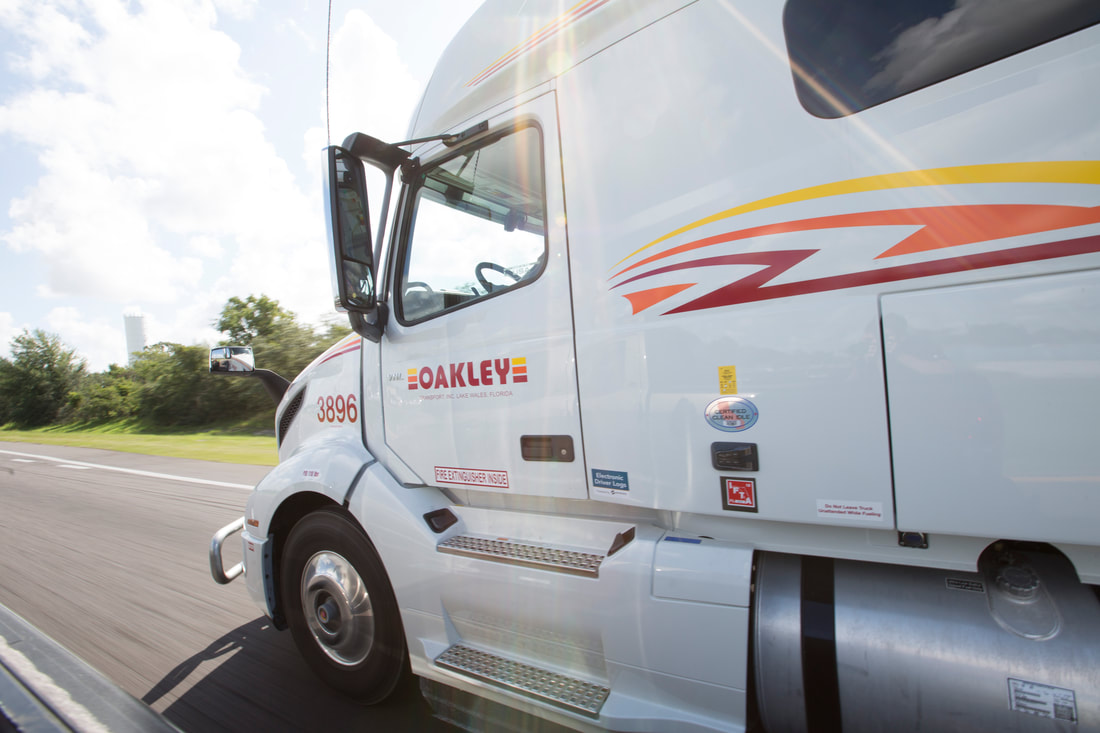|
While the Commercial Vehicle Safety Alliance may have postponed the International Roadcheck this year due to COVID-19, it is still very important to make sure you are staying safe on the roads and that your rig is always ready to pass inspection. An inspection may seem like a nuisance, but they are crucial for your overall well-being as a truck driver as well as those around you. With new technology, inspections can happen practically anywhere, so make sure you are always prepared with these tips:
Make sure documents are up-to-date Keep your documents together in a way that is easy to inspect. A “typical” Level I inspection takes about 30 minutes to an hour to complete. You will be expected to have your driver’s license, medical examiner’s certificate, driver’s record of duty status (log), documentation of annual inspection, hazardous materials paperwork and permit credentials. Some truckers like to keep everything in a binder or folder so the inspector can quickly go through everything at once. This will make you look organized and might help your inspection go by faster, which means you’ll be back on the road sooner. Be professional and kind Your attitude is important. You’re at the discretion of the inspector and they choose who they inspect. If you are being rude, you will probably increase your chances of being chosen for an inspection. Inspectors don’t have quotas for handing out citations but they need to inspect a certain number of vehicles a day. Smile and be polite. No one wants to be around a grump. Keep a clean and organized truck Cleanliness counts. We’re not saying your cab needs to be immaculate, but it should be clean. Make sure there is no loose debris on the floor. Also, keep the outside of your truck looking good, too. Inspectors look at things such as brakes, tires, windshield wipers and more. Out-of-service violations Out-of-service violations are serious and must be addressed immediately. Do not leave before an out-of-service situation has been resolved because you could face disqualification and large fines. Know and understand out-of-service criteria and be checking for those before you leave for your trip. This includes things such as brake system, coupling devices, frame, fuel system, tires and other items. For more information, please visit the Commercial Vehicle Safety Alliance's website
0 Comments
Leave a Reply. |
ARCHIVES
July 2024
|
|
Oakley Transport, Inc.
101 ABC Road Lake Wales, FL 33859 Toll Free 1(800) 969-8265 Local 1(863) 638-1435 |
|


 RSS Feed
RSS Feed
